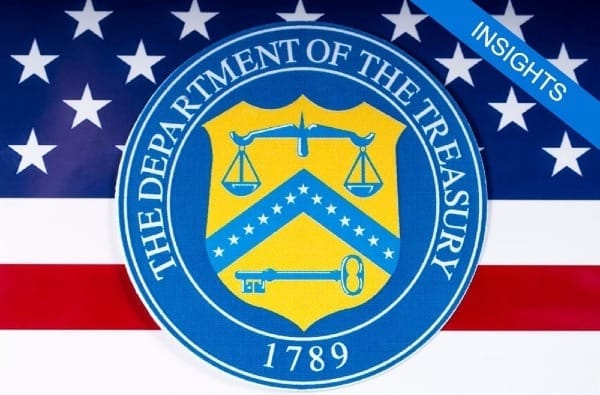OFAC Insights 16 October 2024

What's going on?
Recent actions by the U.S. Treasury’s Office of Foreign Assets Control (OFAC) have targeted financial networks and illicit activities involving designated terrorist organizations, including Hizballah and the Popular Front for the Liberation of Palestine (PFLP). A series of sanctions were imposed on individuals and entities involved in Hizballah’s finances and drug trafficking, particularly the illegal Captagon trade benefitting the Syrian regime. Simultaneously, the Treasury, in coordination with Canada, sanctioned the Samidoun Palestinian Prisoner Solidarity Network, used by the PFLP for international fundraising under the guise of charity.
Key Changes to Official Sanctions Lists
- Specially Designated Nationals (SDN) List Updates:
- Individuals added include Silvana Atwi, Haidar Houssam al-Din Abdul Ghaffar, Houssam Hasan Hamadi, Khaldoun Hamieh, Abdellatif Hamideh, and Raji Falhout linked to Hizballah and the Syrian regime.
- Entities added include Global Tradeline SARL, GM Farm, Liban Oui SARL, and United Sons connected to Hizballah activities.
- Samidoun Palestinian Prisoner Solidarity Network and Khaled Barakat were designated, linked to PFLP financing operations.
Insights
-
Sanctions Evasion Tactics: The latest designations reveal Hizballah’s sophisticated strategies to circumvent sanctions, such as transferring company ownership to affiliates to obscure their financial interests. Understanding these tactics is crucial for compliance teams to assess sanctions exposure accurately.
-
Regional Impact and Compliance Risks: The focus on Hizballah’s finance operations and Captagon trafficking highlights the interconnectedness of terrorism financing and regional instability. Financial institutions need to enhance due diligence processes, particularly for transactions linked to Lebanon and Syria, to mitigate compliance and reputational risks associated with these sanctions.
-
Coordinated Efforts and Global Reach: Joint actions like those with Canada demonstrate the importance of international collaboration in counterterrorism finance. Banks operating globally should stay informed about multi-jurisdictional sanctions to ensure compliance across borders.
-
Impact on Humanitarian Efforts: By targeting entities like Samidoun, which exploit charitable platforms, OFAC aims to safeguard legitimate humanitarian operations. Financial institutions should be diligent in distinguishing charitable entities genuinely supporting humanitarian needs from those channeling funds to terrorist groups.
-
Secondary Sanctions Risk: The imposition of secondary sanctions, such as those under E.O. 13224, emphasizes significant compliance obligations for non-U.S. persons engaging indirectly with sanctioned parties. Maintaining robust Know Your Customer (KYC) and transaction monitoring systems can help in identifying and preventing inadvertent sanctions violations.
In summary, financial institutions must remain vigilant and proactive in their compliance efforts, considering the evolving tactics of sanctioned entities and the enforcement landscape shaped by international cooperation against terrorism financing and illicit networks.
